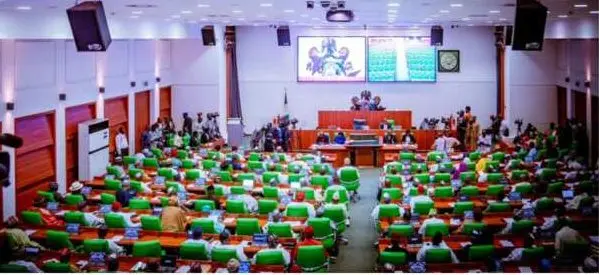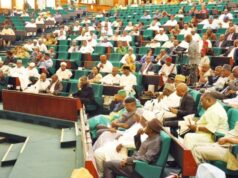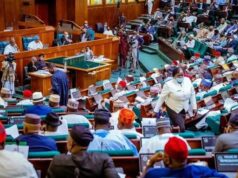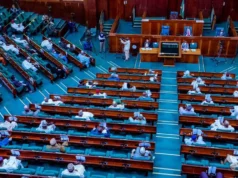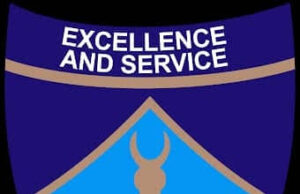The recent 60% rise in the Nigeria Law School’s tuition fees was called into question by the House of Representatives on Wednesday, February 21. The Council of Legal Education was urged to put the hike on hold.
Chinda described the Nigerian Law School as the medium through which the Council of Legal Education discharges its function to regulate the legal education of persons seeking to become members of the legal profession as provided for under Section 1(2) of the Legal Education (Consolidation, etc.) Act Cap. L10, Laws of the Federation of Nigeria, 2004.
He said the function of the Council of Legal Education to oversee legal education in Nigeria includes deciding the cost of tuition and other services rendered to students of the Nigerian Law School.
He stressed that Nigeria is currently facing a 27.33% inflation rate, as reported by the Nigerian Bureau of Statistics, which is projected by Trade Economics to rise to 30.00% by December 2023.
He however expressed concern that in exercising its functions, the Council of Legal Education has approved a 60% increase in Nigerian law school fees from ₦296,000. 00 to ₦476,000 for the 2023/2024 Bar Part II academic session.
He said further that the 2023–2024 Bar Part II Academic session commenced in January 2024 with no time given to prospective students to raise the balance.
He warned that failure to promptly address the need for a balance between the Council’s service quality and students’ affordability could result in a significant drop in Nigerian law school enrollment.
According to him, this, in turn, would lead to fewer lawyers being called to the Bar, ultimately contributing to a higher national unemployment rate among those unable to pursue legal careers.

